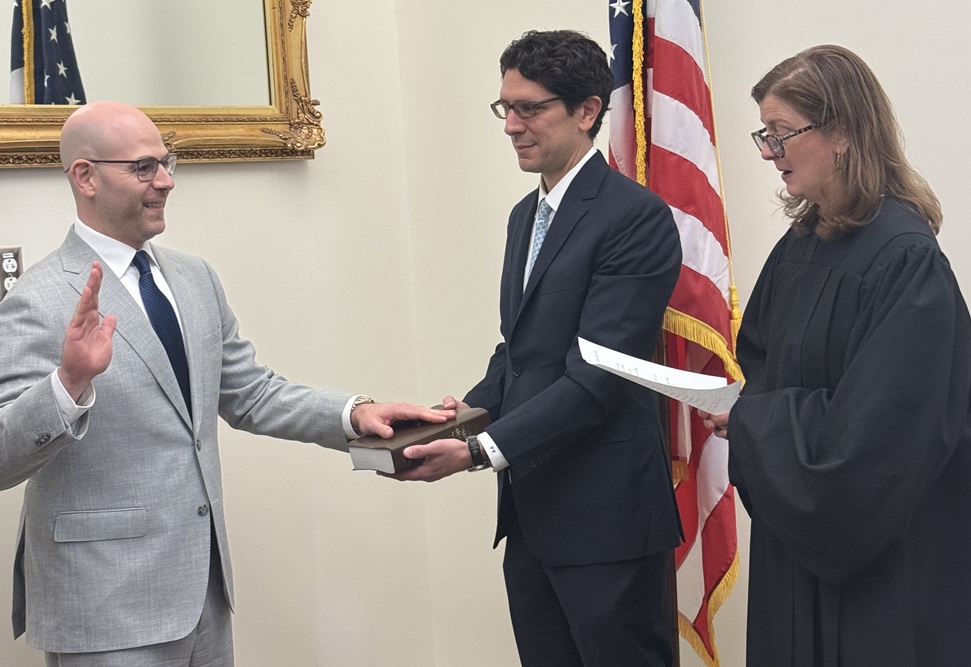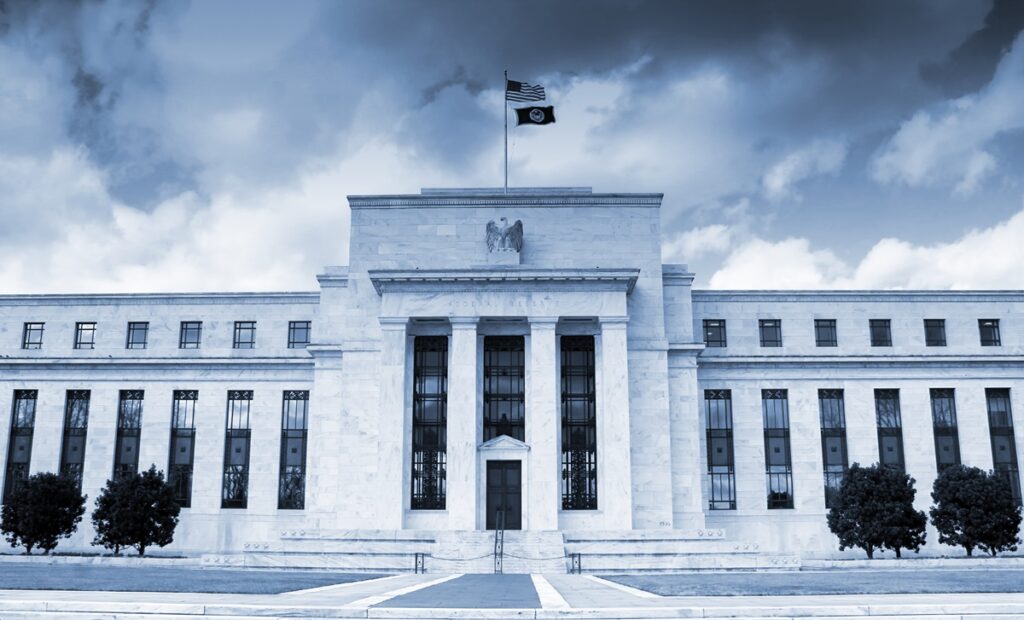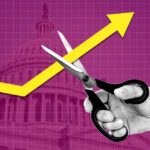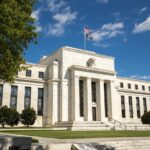Ahead of Tuesday’s Federal Open Market Committee (FOMC) meeting of the Federal Reserve Board, Dr. Stephen I. Miran took the oath of office as a member of the Board of Governors of the Federal Reserve System.
On Monday, the U.S. Senate narrowly confirmed Dr. Miran to the Federal Reserve Board by a 48-47 vote.
Nominated by President Donald Trump after Adriana Kugler’s resignation from the Federal Reserve’s Board of Governors in early August, Dr. Miran will serve out Kugler’s term, which expires January 31, 2026.
According to CNN, Miran is credited with development of which became President Trump’s tariff policy, and has been a firm supporter of Trump’s economic agenda.
Prior to his appointment to the Board, Dr. Miran served as Chairman of the Council of Economic Advisers under President Trump. The Council of Economic Advisers is an agency within the Executive Office of the President established by Congress in the 1946 Employment Act, charged with offering the President objective economic advice on the formulation of both domestic and international economic policy.

He previously worked as a Senior Strategist at Hudson Bay Capital Management, and a senior fellow at the Manhattan Institute for Policy Research.
From 2020-2021, Dr. Miran served as Senior Adviser for Economic Policy at the U.S. Department of the Treasury. He worked in financial markets for a decade before joining the Treasury.
Dr. Miran received a BA in economics, philosophy, and mathematics from Boston University, and earned a Ph.D. in economics from Harvard University.
Dr. Miran joining the Board of Governors brings another voice in support of the Federal Reserve lowering interest rates. In late July, the FOMC decided, for its fifth consecutive meeting, to hold the federal funds rate steady at 4.25%-4.50%. However, dissenting votes came from Christopher J. Waller and Michelle Bowman, both members of the Board of Governors of the Federal Reserve System, and both of whom have publicly called for a rate reduction.
The FOMC is currently meeting to determine the state of the nation’s economy, and concludes its gathering tomorrow. The FOMC is the monetary policy-making body of the Federal Reserve that sets the target for the federal funds rate to influence the U.S. economy, with the goals of achieving maximum employment and price stability.
“A declining interest rate environment will provide some relief for borrowers. Whether it’s a homeowner with a 7% mortgage or a recent graduate hoping to refinance student loans and credit card debt, lower rates can ease the burden on many indebted households by opening opportunities to refinance or consolidate,” said Bankrate Financial Analyst Stephen Kates, CFP. “Savers and those with tight household budgets are more likely to feel the downside of a rate cut. Falling interest rates will begin to erode the attractive yields currently available on savings products. A rate cut also sends a signal that the Fed is stepping back, however slightly, from its fight against inflation.”
Despite pressure from the Trump Administration on Federal Reserve Chair Jerome Powell to lower rates, he does not have direct control over the Federal Reserve’s policy decisions, but does have influence. The President has the power to nominate and appoint members of the Federal Reserve Board of Governors, including the Chair, which can influence the overall direction of the Fed, and can also voice opinions about monetary policy. The President selects one member of the Board of Governors to serve as Chair of the Board, who also serves as the FOMC Chair.





